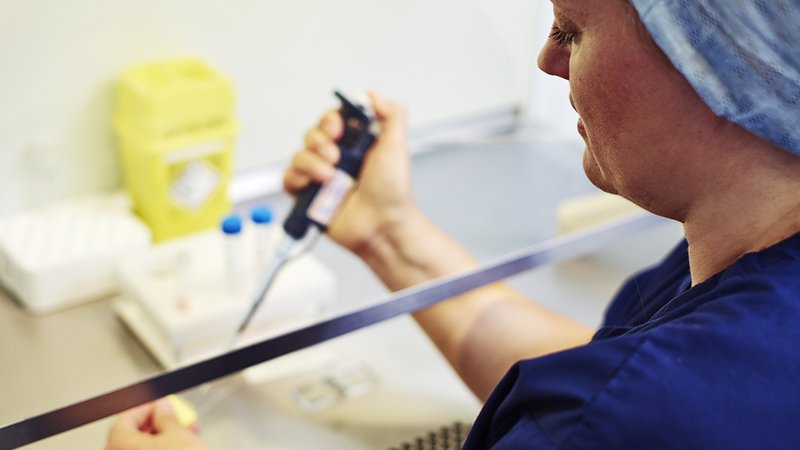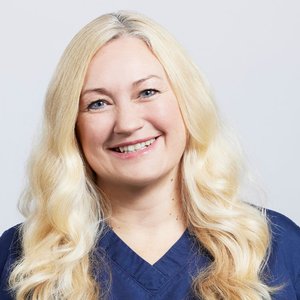Lets Talk About Sperm Donation: All About Your Counselling Session

This information was correct at the time of publishing. It may not reflect our current practices, prices or regulations.
Every Semovo sperm donor is given mandatory counselling with our British Infertility Counselling Association (BICA) accredited teams at our regional sperm donation locations.
We also provide counselling remotely via Skype for your convenience.
But why do you need counselling to be a sperm donor? And what do we talk about?
Your counselling session is essential to you becoming a Semovo sperm donor for a number of different reasons.
It is an exciting opportunity to explore the possible implications of your decision to donate sperm.
It’s designed to ensure that you fully understand exactly what being a sperm donor means, and how it may affect not just you but your wider family in the future.
As a responsible sperm bank, it’s vital to us that our sperm donors are fully informed about all the likely consequences of donating sperm, so you can make an informed choice about whether it’s really right for you.
We will typically discuss with you:
- Your motiviation to donate sperm
- How you may feel to learn that someone has used your sperm to have a baby
- What your responsibilities are as a sperm donor - although you have a genetic link to any child born, you’re not the legal parent and have no financial or moral obligation
- What rights you have as a sperm donor – you have the right to find out if a child is born using your sperm, its gender and year of birth
- What being an identifiable and traceable sperm donor really means for you. Since the law was changed in 2005 to allow donor-conceived people the right to apply for identifying details about their donor when they turn 18, donating sperm has the potential to have a long-term impact. Only men who are completely happy and comfortable being identifiable and traceable sperm donors are accepted as Semovo sperm donors
- That there is the possibility of contact in future from a donor-conceived person who was born using your sperm, and if you have any concerns about this
- What your family thinks about your decision to donate, and the possibility of children biologically related to you
- That you’ll never meet the people who will be using your sperm to have a family – anonymity is intact between donor and recipients
- That there are many types of people who may need to use your sperm: single women; same-sex couples; couples with male fertility issues
Although your counselling session is completely confidential, if you wish to you can bring along a partner or family member.
We actively encourage all potential sperm donors to have open discussion with family members about their decision to apply to be a sperm donor with us, so you can donate with confidence.
If you’re aged 18-45 and would like to be a Semovo sperm donor, find out more about sperm donor criteria to see if you could donate sperm. Explore our sperm donor FAQs, which explain more about your rights and compensation of £45 per clinic visit.
And to see the difference sperm donation really makes, have a look at some of the patient testimonials from our sister clinic Manchester Fertility – many of these babies were born thanks to Semovo sperm donors.
If you’ve got any questions, we’re here to help. Call our friendly team on 0345 266 1272. If you’re ready to apply, fill in the simple initial form and we’ll come back to you.
More from the blog

6th May 2025
Semen Analysis Understanding Your Results
A Semen analysis is an important test that tells us if you have the high quality of sperm that’s needed for sperm donation.



